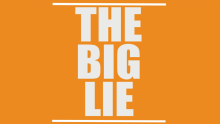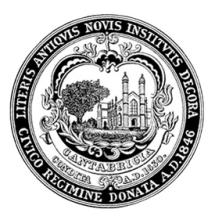"Net Neutrality Has Rural Impact" : Mountain Talk And Mimi Pickering
As the new administration’s FCC re-examines Network Neutrality rules, rural communities are wondering how any changes may affect areas in the U.S. that already have difficulties obtaining fast, affordable, reliable Internet service. In a recent Mountain Talk podcast, Mimi Pickering tackles the question by talking to several knowledgeable guests.
In addition to Christopher, Mimi talks with other guests who offer insight into why Network Neutrality is critical to rural areas as we move forward. Rural areas tend to feel impacts harder than urban areas. The show includes audio from past interviews, news reports, and events.
Making Connections News describes the show:
The Federal Communications Commission’s (FCC) move to repeal Net Neutrality and classification of Broadband Internet as a Title II Telecommunications Service could have significant impact on rural America, where the digital divide is already the largest.
In this edition of Mountain Talk, host Mimi Pickering explores potential impacts with economist Roberto Gallardo from Mississippi State University Extension Services and Christopher Mitchell, Director of Community Broadband Networks at the Institute for Local Self-Reliance.
We also hear from a 2015 interview with Edyael Casaperalta, representing the Rural Broadband Working Group of the National Rural Assembly, on the 2015 reclassification of Broadband as a Title II Telecommunications Service and its potential to reduce the digital divide, increase competition, and protect consumers.
Finally, FCC Commissioner Mignon Clyburn talks about her work on the FCC to increase access and affordability for people of color, low income, and rural communities. Her term at the FCC will soon end but she promises to continue to speak for those who are not typically represented and calls on all folks to make their voices heard at the FCC at every opportunity.
Christopher joins the interview at around 30 minutes into the show.






